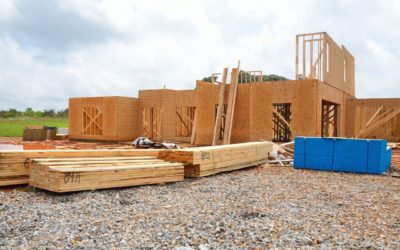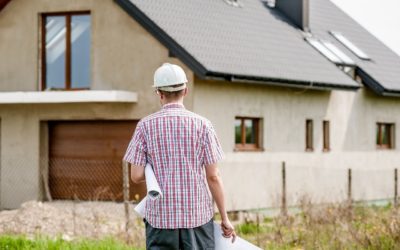When people begin thinking about building an energy efficient home, one of the first items of concern is the cost. It’s true that it will probably cost more to build an energy efficient, or high performance, home but the upfront cost can really be thought of as an investment. This is an investment in your quality of life, and in the comfort and health benefits a high performance home provides. This also can be thought of as an investment in the value of your property. It’s definitely an investment in your future, with regard to lower utility bills, and with your role in protecting the environment.
Statistics vary, but high performance homes utilizing Passive House design, typically cost 10-20% more than homes that are just built to minimum code. This is for a single family home, before rebates and tax incentives. It’s been estimated that after rebates and tax incentives, a single family Passive House home could cost as little as 5% more than a minimum code home.
Of course, this extra cost will also be offset by savings accrued through lower utility bills. Multiple studies have concluded that a high performance, single family home could save 60-80% on utility bills. The benefits of owning a Passive House home begin immediately and the return on your investment can be realized in only eight to ten years.
Perhaps the best way of looking at it is not to focus on what a high performance home will cost up front, but what it would cost not to build one. The most notable savings are the hundreds more dollars that you won’t spend on utility bills in a year. This is a basic and instant benefit of an energy efficient home. However, it’s more complex than that, for your health is also at stake. Passive House homes are healthier in many respects, especially in regards to indoor air quality. Also to take into consideration is the consistency of a livable air temperature and the absence of drafts. Can you afford to live in a home where your health is not a priority?
Thinking beyond oneself, however, leads us to what else we’d have to lose by not building a high performance home. Namely, the health of the planet. Energy efficient homes rely less on fossil fuels, reducing the carbon dioxide emissions into the atmosphere, and directly addressing climate change. They don’t produce water pollutants like a traditional power plant, either. Our responsibility to the future demands making the choice today to build a high performance home. Your quality of life improves knowing you made the right decision for your family and your planet.
Ask the experts at FiELD9: architecture about your options regarding energy efficiency in your new home.






Recent Comments